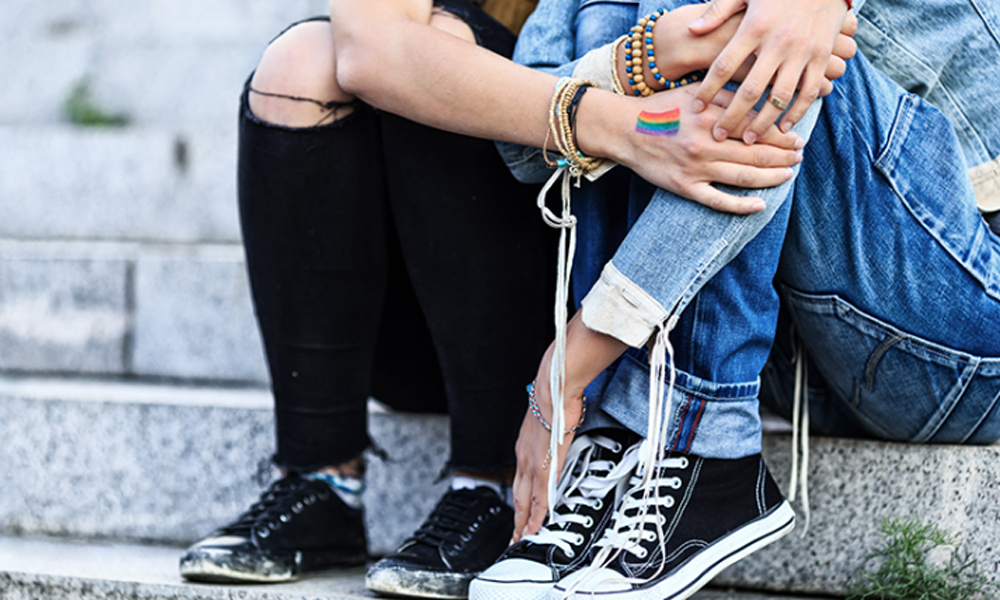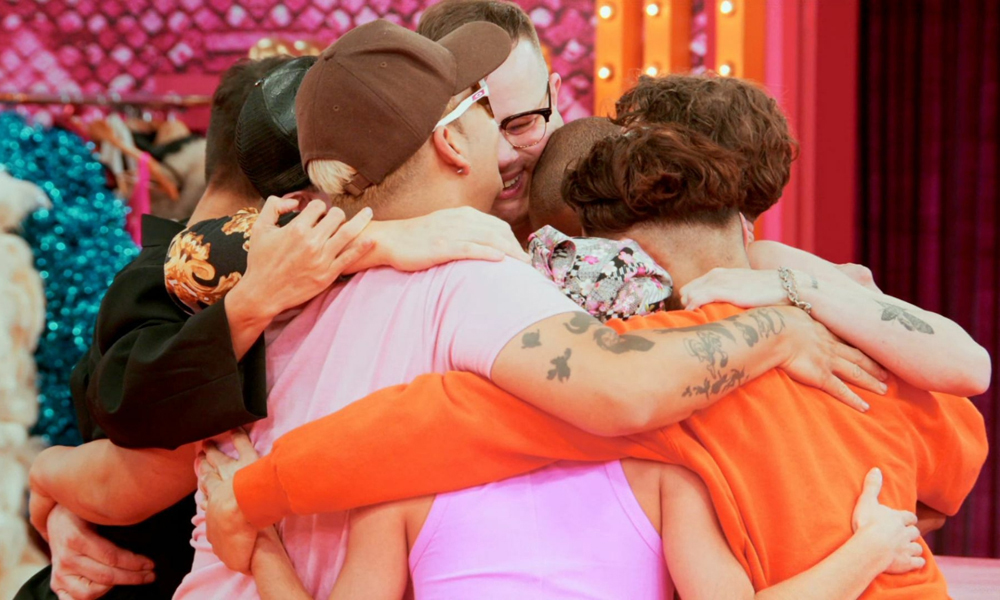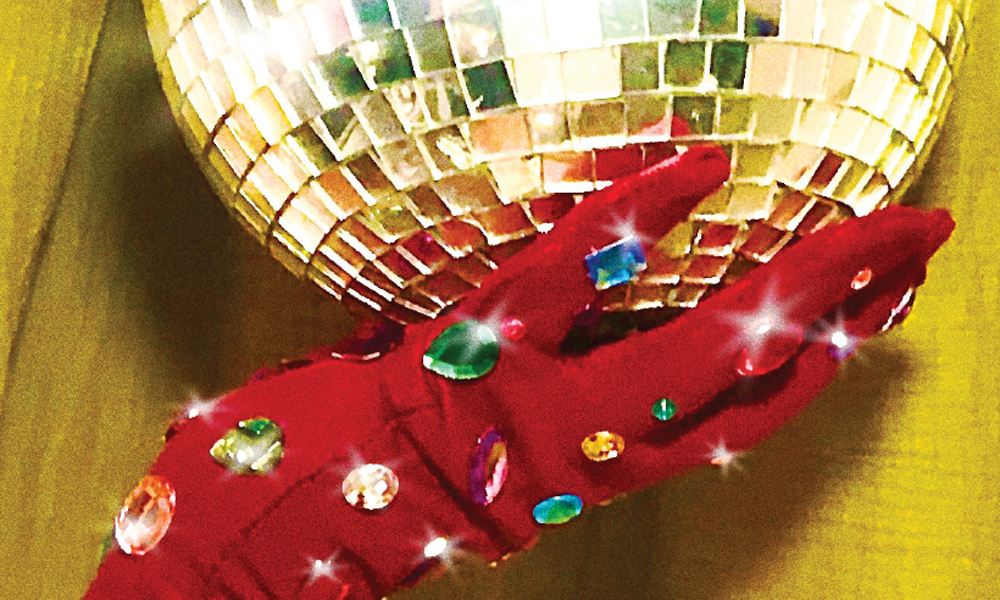The alarming survey results are in: most LGBTQ+ students face homophobic or transphobic abuse…
Just about all students who identify as part of the LGBTQ+ community have heard offensive remarks about their sexuality or gender identity made on school grounds. Just under 99 per cent of lesbian, gay, bisexual or transgender students aged between 13 and 21 reported hearing disparaging comments about their sexuality or gender identity, according to a new study published by GLSEN, an American LGBT+ education advocacy group.
Almost 92 per cent of the students surveyed said the remarks had made them feel “distressed,” according to the 2019 National School Climate Survey, which surveyed 16,700 LGBT+ students between April and August last year.
Discussing LGBT+ issues in schools has become a global cultural flashpoint, with some parents in Canada and Britain last year protesting against the inclusion of sexuality and gender identity in the revised and updated school curriculums.
In fact, the GLSEN report found homophobia was rife within educational establishments.
Almost 97 per cent of respondents stated that they had heard the phrase “no homo” at school, while more than 95 per cent reported hearing homophobic terms such as “dyke” and “faggot.” More than two thirds (69%) said they had experienced verbal harassment because of their sexual orientation, while more than half (57%) said they had also been called names or threatened because of their gender expression. One in 10 (11%) of LGBT+ students surveyed said they had been physically assaulted or “punched, kicked [or] injured with a weapon” because of their sexuality, the report noted. Just under 10 per cent reported the same experiences due to their gender expression, it added.
“This is a very significant wake-up call about how the progress we’ve won is directly under attack,” says Eliza Byard, executive director of GLSEN (formerly the Gay, Lesbian & Straight Education Network). “Where we are now is so different from where we were 20, 25 years ago in terms of how better things are. On the other hand, where we are is clearly still unacceptable.”







POST A COMMENT